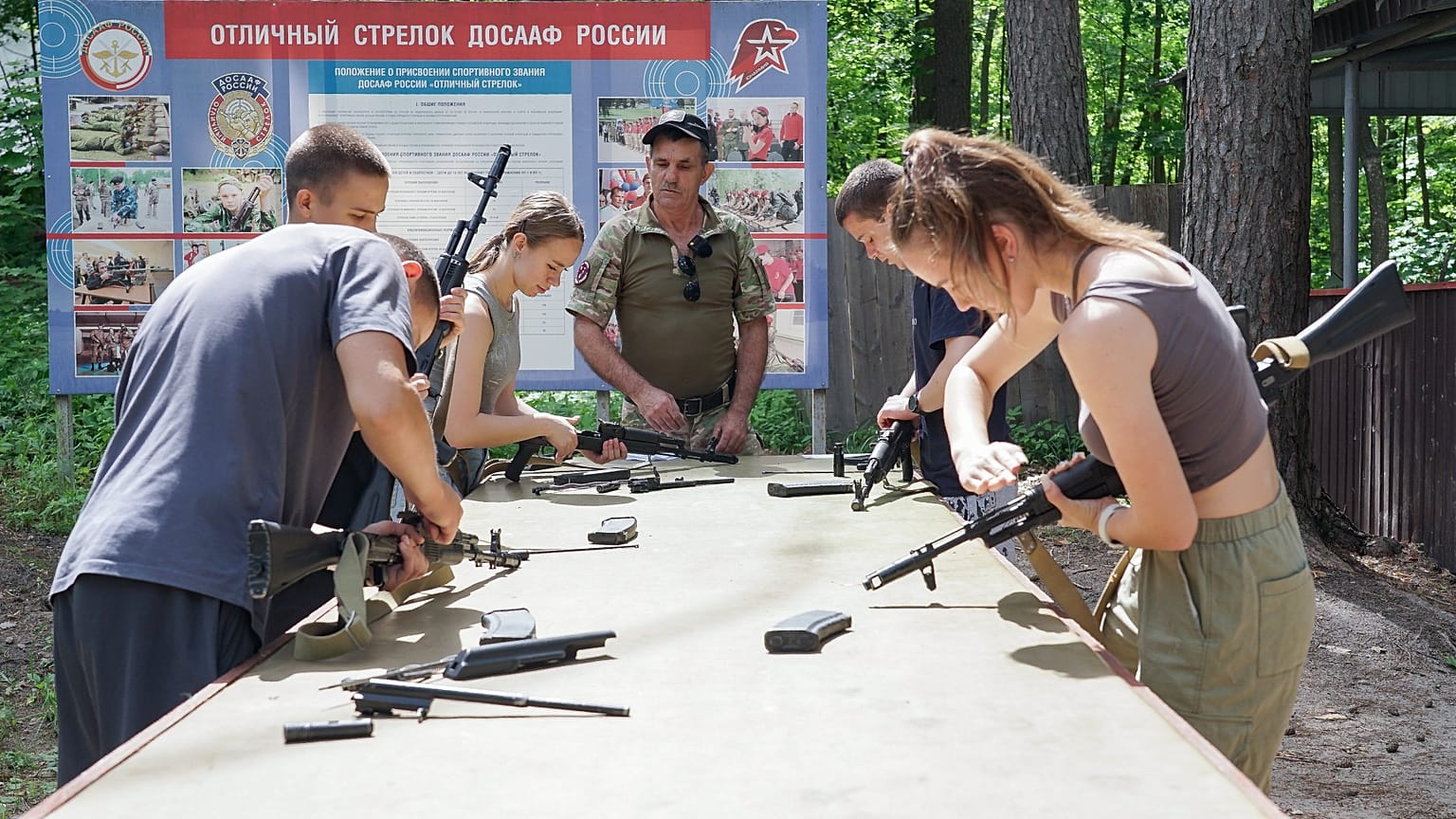Politics
Investigation Reveals Deportation of 35,000 Ukrainian Children to Russia

A significant investigation led by the Yale School of Public Health’s Humanitarian Research Lab (HRL) has uncovered a troubling network of at least 210 facilities in Russia and temporarily occupied Ukrainian territories. This network is reportedly involved in the forced deportation and “re-education” of Ukrainian children, a systematic effort that has been ongoing since February 2022.
The HRL’s findings indicate that the Russian government has established a large-scale operation aimed at the militarisation and assimilation of these children. The report asserts that the actual number of children affected may be higher than the documented figures. It reveals a disturbing system of facilities that includes summer camps, sanatoriums, military bases, and even a monastery, where children have been held for varying durations. Some have returned home, while others remain in custody indefinitely.
Scope and Nature of the Deportations
The HRL’s investigation highlights the scale of this operation, which spans from the occupied regions of Ukraine to Russia’s far eastern territories. The report details that children are taken from state institutions, orphanages, and even frontline areas where they have been separated from their parents. Many of these children have been forcibly removed by authorities associated with Russia during the invasion.
Since the onset of the full-scale invasion, Ukraine has verified the deportation of over 19,500 children, though estimates from the HRL suggest that the total number could be as high as 35,000 as of March 19, 2025. This discrepancy underscores the challenges faced by Ukrainian authorities in tracking the whereabouts of these children amidst ongoing conflict.
According to Maria Lvova-Belova, Russia’s Children’s Rights Commissioner, the Russian government claims to have “accepted” around 700,000 Ukrainian children between February 2022 and July 2023. In contrast, Ukraine has managed to facilitate the return of only 1,605 children through mediation from third-party countries, including Qatar and the Vatican.
International Response and Legal Action
The situation has drawn significant international attention, leading to an arrest warrant issued by the International Criminal Court (ICC) in The Hague in March 2023. This warrant targets President Vladimir Putin and Lvova-Belova for their roles in the unlawful deportation and transfer of children from occupied areas of Ukraine to Russia.
During peace talks, Ukrainian officials have emphasized the return of deported children as a critical component of any potential ceasefire agreement. Rustem Umerov, head of the Ukrainian delegation, has stated that “if Russia is genuinely committed to a peace process, the return of at least half the children on this list is positive.”
In response, Russian officials have dismissed Ukraine’s efforts, with representatives claiming that the issue of lost children is being exploited to garner sympathy from international audiences.
The findings from the HRL investigation not only reveal a humanitarian crisis but also raise serious questions about the legality and ethics of these actions under international law. The plight of these children, many of whom are vulnerable and in need of protection, remains a pressing issue as the conflict in Ukraine continues.
-

 Health3 months ago
Health3 months agoNeurologist Warns Excessive Use of Supplements Can Harm Brain
-

 Health3 months ago
Health3 months agoFiona Phillips’ Husband Shares Heartfelt Update on Her Alzheimer’s Journey
-

 Science1 month ago
Science1 month agoBrian Cox Addresses Claims of Alien Probe in 3I/ATLAS Discovery
-

 Science1 month ago
Science1 month agoNASA Investigates Unusual Comet 3I/ATLAS; New Findings Emerge
-

 Science4 weeks ago
Science4 weeks agoScientists Examine 3I/ATLAS: Alien Artifact or Cosmic Oddity?
-

 Entertainment4 months ago
Entertainment4 months agoKerry Katona Discusses Future Baby Plans and Brian McFadden’s Wedding
-

 Science4 weeks ago
Science4 weeks agoNASA Investigates Speedy Object 3I/ATLAS, Sparking Speculation
-

 Entertainment4 months ago
Entertainment4 months agoEmmerdale Faces Tension as Dylan and April’s Lives Hang in the Balance
-

 World3 months ago
World3 months agoCole Palmer’s Cryptic Message to Kobbie Mainoo Following Loan Talks
-

 Science4 weeks ago
Science4 weeks agoNASA Scientists Explore Origins of 3I/ATLAS, a Fast-Moving Visitor
-

 Entertainment4 months ago
Entertainment4 months agoLove Island Star Toni Laite’s Mother Expresses Disappointment Over Coupling Decision
-

 Entertainment3 months ago
Entertainment3 months agoMajor Cast Changes at Coronation Street: Exits and Returns in 2025









